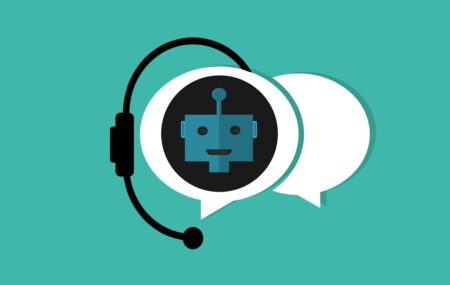Antispyware is a type of software that is designed to detect and remove unwanted spyware programs that gathers user information through the user’s Internet connection without his or her knowledge, usually for advertising purposes.
Antispyware tends to focus on less of the “delete your entire hard disk” types of malicious software, and more on the “this will steal your personal information” stuff, including the less overtly evil stuff that I mentioned before.
If you are a person that downloads things quite frequently, even from a secure source, then you might still want anti-spyware. Antispyware has different uses than Anti-Virus.
Spyware is much harder to detect, as it doesn’t really behave like a normal virus. Spyware is meant to hide behind an actual application usually, that is why programs tend to detect it even if it is legitimate.
Antispyware may also be called apyware on the Internet. Because “a” and “s” sit next to each other on the keyboard. Well, it would have been better if one can have anti-virus and antispyware in one application.
Also Read:
Who Needs Antispyware
While many people could benefit from the advantages that antispyware programs have to offer, a few could certainly use them more than most.
After all, there is a gulf of difference with respect to risk between the iPhone user who only uses her device to call and text and the PC user who downloads at will.
After all, many mobile phones, including both the iPhone and Android phones, have sophisticated antispyware capabilities included in the operating system, and Android phones even let you download additional anti-spyware apps.
The same can also be said for computers that only access downloads from reliable locations. If the only thing you download is music from one of the major stores.
Your risk of spyware is much less than someone who frequently downloads attachments from e-mails. However, in either case, antispyware is a relatively easy way to make your computer more secure.








